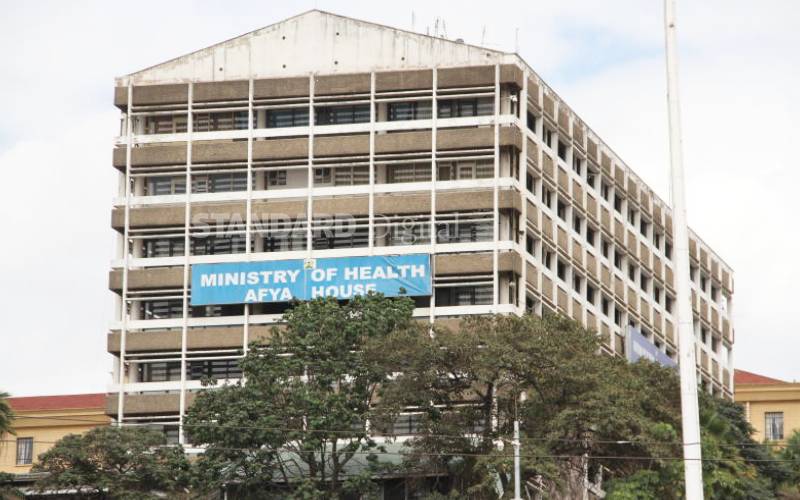×
The Standard e-Paper
Smart Minds Choose Us

The decision by US to stop funding a programme to improve quality and quantity of donated blood in Kenya, should serve as a wake-up call for the Jubilee administration.